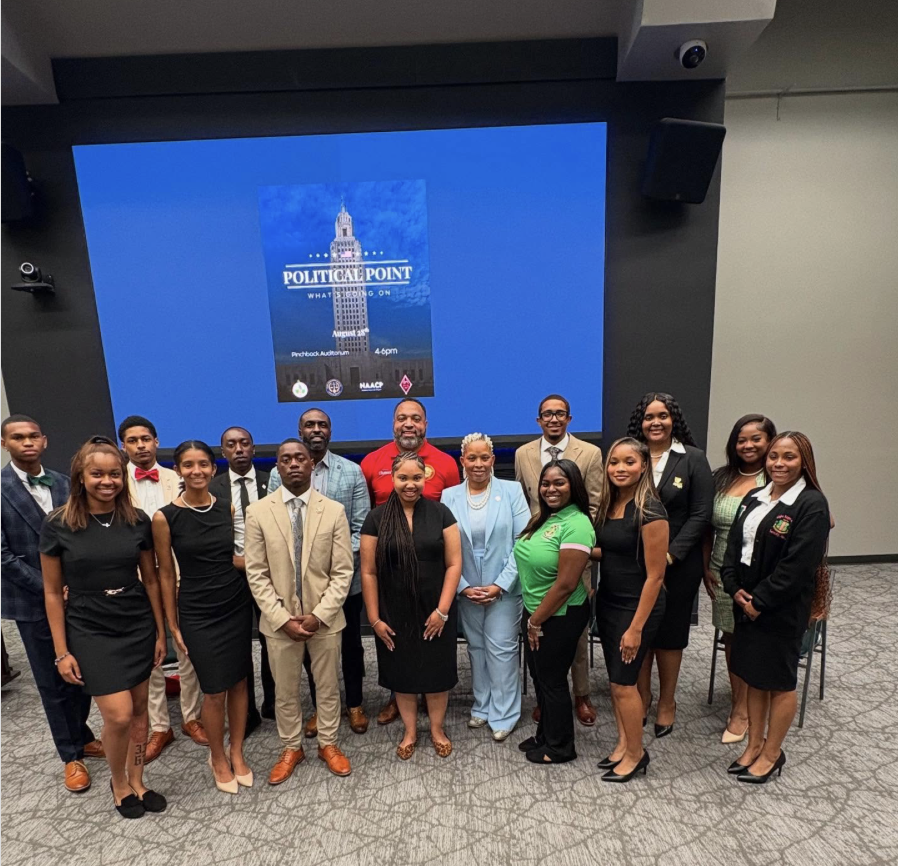Students who use popular websites like Facebook and Myspace may need to reevaluate the content they post onto their profiles now that college recruiters and employers have begun to use information included on a user’s profile as a determining factor in their recruitment for potential interns, graduate students and employees.
“There is a growing trend in the number of employers who Google candidates to research for additional information,” said Brian Krueger, president of collegegrad.com. “This trend has now spilled over to the use of Internet social networking sites for screening potential candidates.”
According to collegegrad.com, 47 percent of college graduate seekers using social networking sites, such as Facebook, Myspace and Xangia, have already begun to change the content of their pages to prepare for their job searches post graduation.
In recent reports, it has been announced that Facebook, which hosts more than 6.1 million college students from over 2,100 colleges worldwide, will be open to anyone in the public in the near future.
The college social forum was originally created in February 2004 by Harvard University student Mark Zuckerberg as a way for college students to keep in touch with friends at various schools nationwide, but in recent years its network has expanded and now includes university alumni, faculty and staff, as well as some high school students and employers.
According to reports released by the New York Times, Myspace boasts a broader membership, since its inception in 2003, of more than 90 million users who are enabled to create web pages and online journals, attributing to more than 80 percent of the online social networking traffic preformed by today’s Internet users.
Unless a user utilizes the privacy settings provided by each site, all information posted on blogs, profiles and in photo albums becomes part of public domain, a fact that doesn’t sit well with some Southern University students.
“These sites are centered towards other college students, or people in your social circle,” said Tomeka Jones, a junior business management major from Baton Rouge. “Your professionalism shouldn’t be determined from a website that you’re using to interact with your friends.”
Some Southern students disagree with Jones’ sentiment.
“Granted, students are having fun, but they need to be conscious of what they’re putting online,” said Jonathan Hill, a senior marketing major from Baton Rouge. “I’m not going to put anything that’s detrimental to me (on) a public forum like the Internet.”
“We have to think about the long term consequences of what we do,” Hill said.
Robert Bennett, director of student life at Southern, said social sites like Facebook are “dangerous,” and students need to be apprehensive about posting their personal information on the World Wide Web.
“Southern students (need to) take personal information off (of) these sites,” said Bennett. “We get companies that look at student information during background checks, and they (recruiters) could look at Facebook and find information that could prevent the student from getting hired.”
Around the nation, several students have already experienced the backlash posting damaging information about themselves on social websites can be.
An Ohio high school student was expelled from school recently due to a parody of her teacher she posted on her Myspace profile, and two Louisiana State University swimmers were dismissed from the team last year for criticizing their coaches on Facebook.
According to reports by USA Today, a University of Colorado offensive tackle was suspended from a bowl game in December for sending a racially threatening message, through Facebook, to a Colorado cross-country runner.
The backlash of using social websites has even sent rippling effects throughout Historically Black Colleges and Universities as well.
At Southern, a female student struggles to rebuild her character after she was tagged, on Facebook, in photos against her consent by a male student at Alabama A&M.
“The sad thing is that she can’t do anything about it,” Bennett said. “It’s on the young man’s page and he’s giving out her personal information.”
“They are using her pictures and making derogatory and negative comments about the student,” Bennett said. “This is against the law. It’s fraudulent and even slanderous.”
Bennett said students can protect themselves by removing information from sites such as phone numbers, place of residence and other possible incriminating information from the popular social sites to decrease their chances of remaining safe from online predators.
“Students need to be aware,” Bennett said. “They need to know not to share personal information such as their PIN numbers and student IDs.”
“Not friends, roommates, or even boyfriend and girlfriends, ” he said. “Sexual predators could easily find you.”
“It’s just a dangerous situation that students need to be mindful of,” Bennett said.
Categories:
Who is reading your profile
September 22, 2006
0
More to Discover





